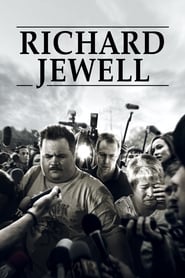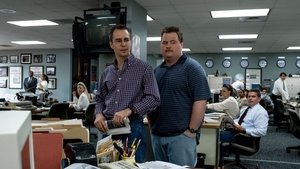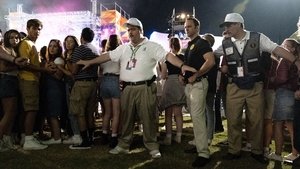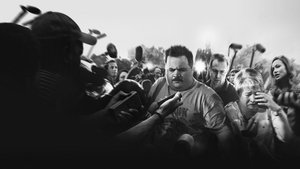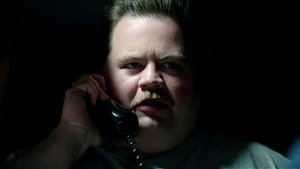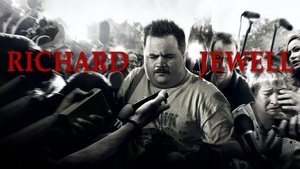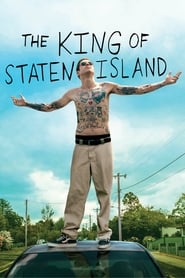Father time is undefeated. And like a professional athlete who’s showing signs that they can’t quite keep up with a younger generation of competitors, Hollywood icon Clint Eastwood’s latest offering leaves me questioning how much quality filmmaking the 89-year-old has left in him. In typical Eastwood fashion, he places his sights on the true story of title character, Richard Jewell, the security guard and cop-wannabe who became a controversial figure following the bombing of the 1996 Olympics at Centennial Park in Atlanta. Eastwood uses Jewell’s heartbreaking experiences as an exposé on the careless and destructive behaviors of the mainstream media, the film’s clear antagonist. Yet, what transpires feels more like the incoherent grumblings of a miserable old man than an enlightening and eye-opening examination of what’s actually a legitimate issue.
Richard (I, Tonya’s Paul Walter Hauser) is a poor, overweight security guard with such a deep-rooted desire to protect people that it leads to some questionable behaviors that cost him a couple jobs along the way. But when Richard jumps on the opportunity to help protect his country at the security-needy 1996 Olympics, he can’t possibly prepare himself for the horrors that he’ll encounter after he stumbles across a bag of explosives. Richard Jewell may have saved countless lives by diligently doing his job on that fateful evening, but his sketchy past and a lack of other leads make him a prime suspect and anti-hero that a local journalist, Kathy Scruggs (Olivia Wilde), completely exploits with her reckless reporting.
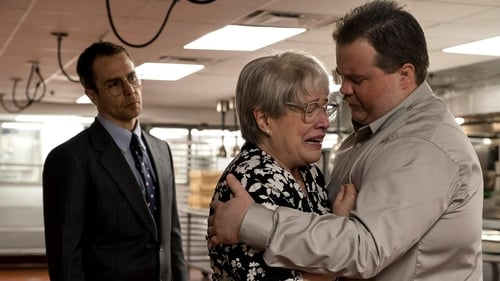
Clint Eastwood’s film is a revolving conundrum. His intentions are deliberate, but meandering. His interpretation is clear, but clouded in hypocrisy. All of which make Richard Jewell a muddled mixed-bag of ideas and emotions. Eastwood waves a shameful finger at the news media and its desire for higher ratings and career-advancements built on the back of inconsiderate reporting. The film even goes as far as to accuse the now-deceased journalist Kathy Scruggs of obtaining private information from the F.B.I. by sleeping with an agent (played by Jon Hamm), none of which has ever been corroborated publicly, and this blatant disregard for truth and authenticity feels awfully hypocritical when you take into account the root of Eastwood’s story. It’s a back-handed low-blow by the director and his screenwriter, Billy Ray, who attempt to tackle the media’s obsession with releasing a story quickly rather than accurately, and the personal ramifications of those actions. Richard Jewell lived a grueling 88-day nightmare in the aftermath of the Olympic bombing, one in which he morphed from an instant hero to a devilish mastermind in the blink of an eye. In fact, this is the film’s most accomplished feat, hammering this burden and personal anguish into the viewer. However, Eastwood’s characterization of nearly every other facet of the story is shallow, superficial and deceptively inaccurate. Richard Jewell has the hopes of making an awards season splash but I’m not buying into this likelihood, even after Kathy Bates’ recent Golden Globe Nomination for her supporting turn as the security guard’s mother. Instead, Richard Jewell is another ho-hum effort from a once legendary filmmaker struggling to deliver a cohesive story in the twilight of his career.
-
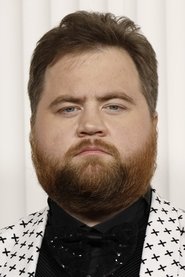 NamePaul Walter HauserCharacterRichard Jewell
NamePaul Walter HauserCharacterRichard Jewell -
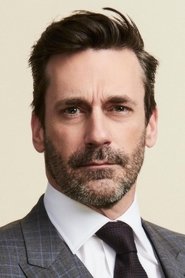 NameJon HammCharacterTom Shaw
NameJon HammCharacterTom Shaw -
 NameKathy BatesCharacterBobi Jewell
NameKathy BatesCharacterBobi Jewell -
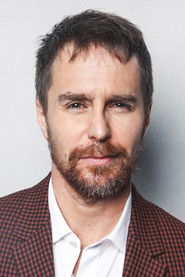 NameSam RockwellCharacterWatson Bryant
NameSam RockwellCharacterWatson Bryant -
 NameOlivia WildeCharacterKathy Scruggs
NameOlivia WildeCharacterKathy Scruggs -
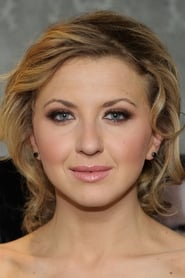 NameNina AriandaCharacterNadya
NameNina AriandaCharacterNadya -
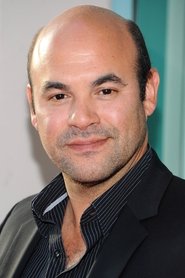 NameIan GomezCharacterAgent Dan Bennet
NameIan GomezCharacterAgent Dan Bennet -
 NameWayne DuvallCharacterRichard Rackleff
NameWayne DuvallCharacterRichard Rackleff -
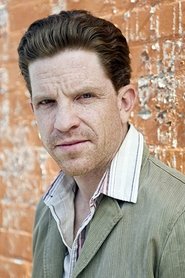 NameDylan KussmanCharacterBruce Hughes
NameDylan KussmanCharacterBruce Hughes -
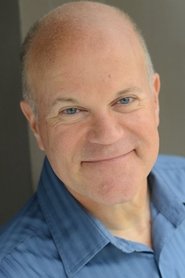 NameMike PniewskiCharacterBrandon Hamm
NameMike PniewskiCharacterBrandon Hamm -
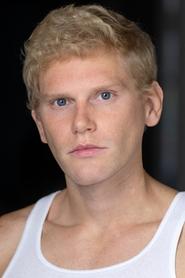 NameBrandon StanleyCharacterStudent
NameBrandon StanleyCharacterStudent -
 NameRyan BozCharacterStudent
NameRyan BozCharacterStudent -
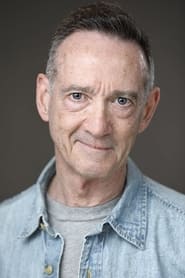 NameCharles GreenCharacterDr. W. Ray Cleere
NameCharles GreenCharacterDr. W. Ray Cleere -
 NameRonnie AllenCharacterKenny Rogers
NameRonnie AllenCharacterKenny Rogers -
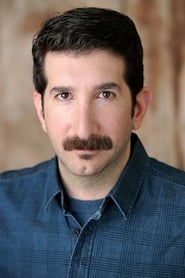 NameDavid LengelCharacterCameraman
NameDavid LengelCharacterCameraman -
 NameBeth KeenerCharacterPregnant Woman
NameBeth KeenerCharacterPregnant Woman -
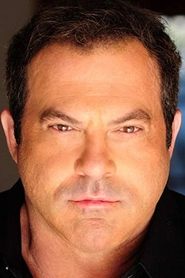 NameGrant RobertsCharacterWill Jones - APD
NameGrant RobertsCharacterWill Jones - APD -
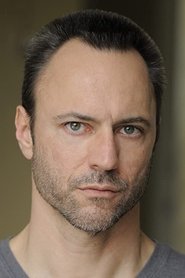 NameAlan HecknerCharacterBill Miller - GBI
NameAlan HecknerCharacterBill Miller - GBI -
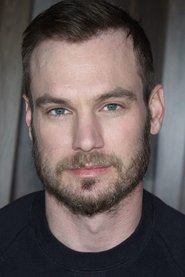 NameDesmond PhillipsCharacterMike Silver - APD
NameDesmond PhillipsCharacterMike Silver - APD -
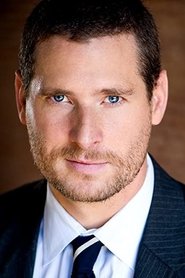 NameAlex CollinsCharacterMax Green - APD
NameAlex CollinsCharacterMax Green - APD -
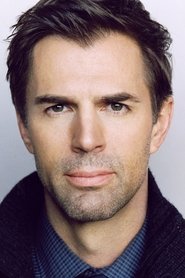 NameMichael OtisCharacterMr. Braden
NameMichael OtisCharacterMr. Braden -
 NameIzzy HerbertCharacterMariah Braden
NameIzzy HerbertCharacterMariah Braden -
 NameKelly Collins LintzCharacterMrs. Braden
NameKelly Collins LintzCharacterMrs. Braden -
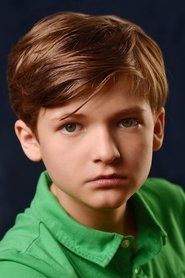 NameJonathan D BergmanCharacterJerrod Braden
NameJonathan D BergmanCharacterJerrod Braden -
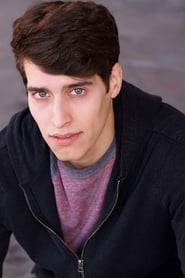 NameDaniel AnnoneCharacterDrunk Teen
NameDaniel AnnoneCharacterDrunk Teen -
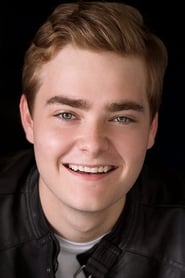 NameZack ShiresCharacterDrunk Teen
NameZack ShiresCharacterDrunk Teen -
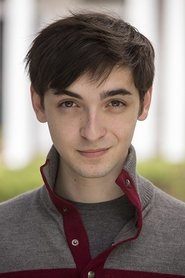 NameChristian AdamCharacterDrunk Teen
NameChristian AdamCharacterDrunk Teen -
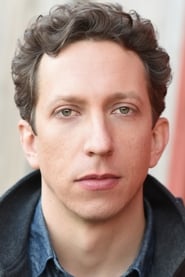 NameEric MendenhallCharacterEric Rudolph
NameEric MendenhallCharacterEric Rudolph -
 NameRandy HavensCharacterSound Tech
NameRandy HavensCharacterSound Tech -
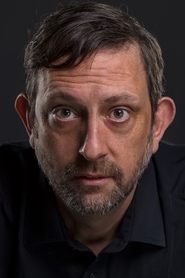 NameKevin Patrick MurphyCharacterSound Tech
NameKevin Patrick MurphyCharacterSound Tech -
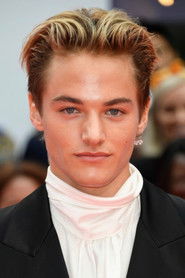 NameMitchell HoogCharacterTeen Intern
NameMitchell HoogCharacterTeen Intern -
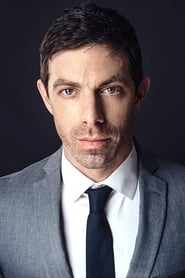 NameDavid ShaeCharacterRon Martz
NameDavid ShaeCharacterRon Martz -
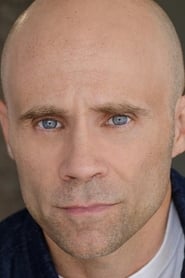 NameBrian BrightmanCharacterZoeller
NameBrian BrightmanCharacterZoeller -
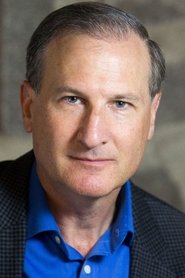 NameDavid de VriesCharacterJohn Walter
NameDavid de VriesCharacterJohn Walter -
 NameMegan MieduchCharacter911 Operator #1
NameMegan MieduchCharacter911 Operator #1 -
 NameAndrea LaingCharacter911 Operator #2
NameAndrea LaingCharacter911 Operator #2 -
 NameAubriana DavisCharacterGirl in Park
NameAubriana DavisCharacterGirl in Park -
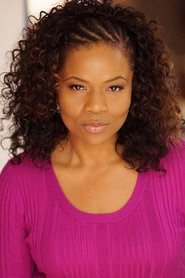 NameDéjá DeeCharacterWoman in Park
NameDéjá DeeCharacterWoman in Park -
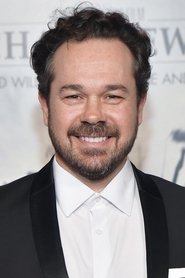 NameFranco CastanCharacterAPD Cop
NameFranco CastanCharacterAPD Cop -
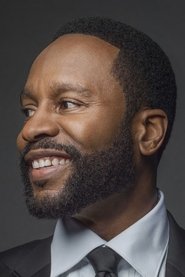 NameKendrick CrossCharacterGBI Guy
NameKendrick CrossCharacterGBI Guy -
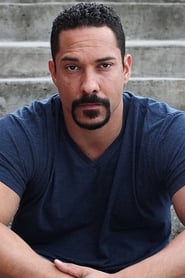 NameBrandon MorrisCharacterATF Guy
NameBrandon MorrisCharacterATF Guy -
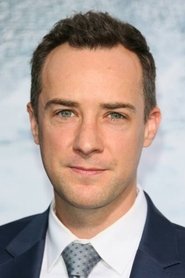 NameBilly SlaughterCharacterTim Barker
NameBilly SlaughterCharacterTim Barker -
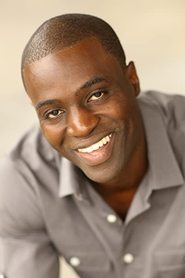 NamePhilip FornahCharacterGreatful APD Cop
NamePhilip FornahCharacterGreatful APD Cop -
 NameDani DeettéCharacterGreatful APD Cop
NameDani DeettéCharacterGreatful APD Cop -
 NameJohn AtwoodCharacterMr. Brenner
NameJohn AtwoodCharacterMr. Brenner -
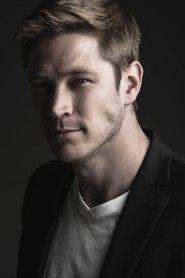 NameMax BickelhaupCharacterUnknown Swimmer
NameMax BickelhaupCharacterUnknown Swimmer -
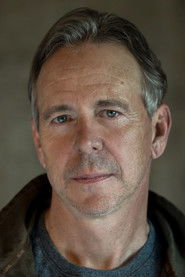 NameRobert C. TreveilerCharacterPatrick Williams
NameRobert C. TreveilerCharacterPatrick Williams -
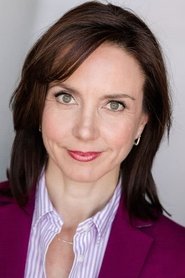 NameMaury MorganCharacterNews Anchor
NameMaury MorganCharacterNews Anchor -
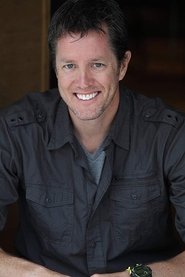 NameTommy KaneCharacterHorde Reporter
NameTommy KaneCharacterHorde Reporter -
 NameMallory HoffCharacterHorde Reporter
NameMallory HoffCharacterHorde Reporter -
 NameJill-Michele MeleánCharacterHorde Reporter
NameJill-Michele MeleánCharacterHorde Reporter -
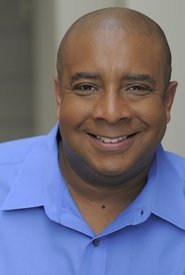 NameGreg ClarksonCharacterHorde Reporter
NameGreg ClarksonCharacterHorde Reporter -
 NameNicole SellarsCharacterHorde Reporter
NameNicole SellarsCharacterHorde Reporter -
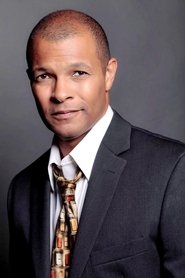 NameGaron GrigsbyCharacterBryant Gumbel
NameGaron GrigsbyCharacterBryant Gumbel -
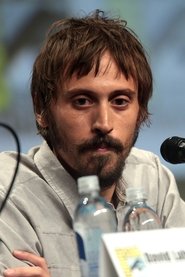 NameNiko NicoteraCharacterDave Dutchess
NameNiko NicoteraCharacterDave Dutchess -
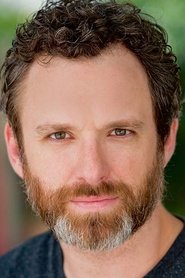 NameJosh HenryCharacterFBI Physical Evidence Guy
NameJosh HenryCharacterFBI Physical Evidence Guy -
 NameJesse BurtCharacterSupply Cart Guy
NameJesse BurtCharacterSupply Cart Guy -
 NameMike WilsonCharacterForsythe
NameMike WilsonCharacterForsythe -
 NameVictoria Paige WatkinsCharacterOlympus girl (uncredited)
NameVictoria Paige WatkinsCharacterOlympus girl (uncredited) -
 NameRobert TinsleyCharacterFBI Agent (uncredited)
NameRobert TinsleyCharacterFBI Agent (uncredited)
-
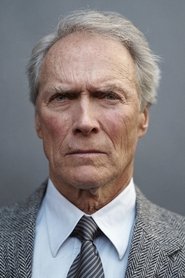 NameClint EastwoodJobDirector
NameClint EastwoodJobDirector -
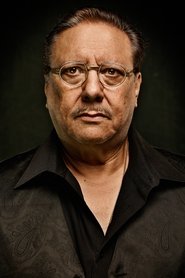 NameArturo SandovalJobOriginal Music Composer
NameArturo SandovalJobOriginal Music Composer -
 NameMarie BrennerJobStaff Writer
NameMarie BrennerJobStaff Writer -
 NameMarie BrennerJobStory
NameMarie BrennerJobStory -
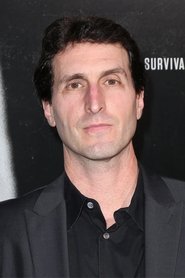 NameBilly RayJobScreenplay
NameBilly RayJobScreenplay -
 NameJonah HillJobProducer
NameJonah HillJobProducer -
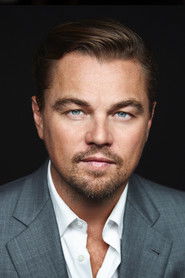 NameLeonardo DiCaprioJobProducer
NameLeonardo DiCaprioJobProducer -
 NameJennifer DavissonJobProducer
NameJennifer DavissonJobProducer -
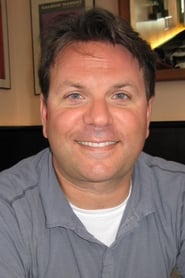 NameKevin MisherJobProducer
NameKevin MisherJobProducer -
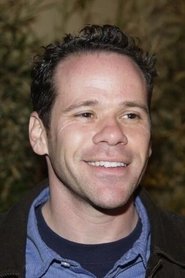 NameAndy BermanJobProducer
NameAndy BermanJobProducer -
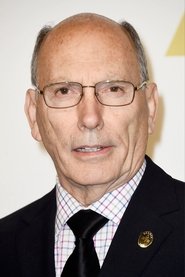 NameJoel CoxJobEditor
NameJoel CoxJobEditor -
 NameYves BélangerJobDirector of Photography
NameYves BélangerJobDirector of Photography -
 NameClint EastwoodJobProducer
NameClint EastwoodJobProducer -
 NameTim MooreJobProducer
NameTim MooreJobProducer -
 NameKevin IshiokaJobProduction Design
NameKevin IshiokaJobProduction Design -
 NameDeborah HopperJobCostume Design
NameDeborah HopperJobCostume Design -
 NameChris CraineJobArt Direction
NameChris CraineJobArt Direction -
 NamePriscilla ElliottJobSupervising Art Director
NamePriscilla ElliottJobSupervising Art Director -
 NameRonald R. ReissJobSet Decoration
NameRonald R. ReissJobSet Decoration -
 NameJohn T. ReitzJobSound Re-Recording Mixer
NameJohn T. ReitzJobSound Re-Recording Mixer -
 NameBrian TarleckiJobSound Re-Recording Mixer
NameBrian TarleckiJobSound Re-Recording Mixer -
 NameUnsun SongJobSound Re-Recording Mixer
NameUnsun SongJobSound Re-Recording Mixer -
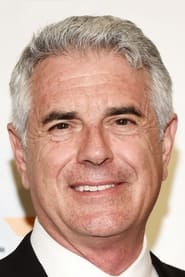 NameDean A. ZupancicJobSound Re-Recording Mixer
NameDean A. ZupancicJobSound Re-Recording Mixer -
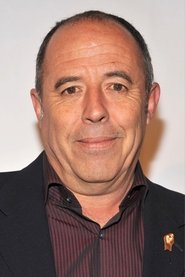 NameJosé Antonio GarcíaJobSound Mixer
NameJosé Antonio GarcíaJobSound Mixer -
 NameMichael W. MitchellJobSound Effects Editor
NameMichael W. MitchellJobSound Effects Editor -
 NameChristian WengerJobSound Effects Editor
NameChristian WengerJobSound Effects Editor -
 NameJohn Joseph ThomasJobSound Effects Editor
NameJohn Joseph ThomasJobSound Effects Editor -
 NameBryan BrimecombeJobSpecial Effects Coordinator
NameBryan BrimecombeJobSpecial Effects Coordinator -
 NameDavid M. BernsteinJobFirst Assistant Director
NameDavid M. BernsteinJobFirst Assistant Director


